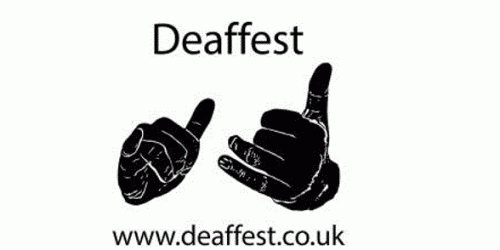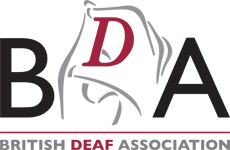The role of the Qualified Educational Audiologist
An Educational Audiologist normally must be an experienced Qualified Teacher of the Deaf or a Qualified Clinical Audiologist, who also has the MA, M.Ed, MSc or PG Diploma in Educational Audiology.
The link Between a child or young person’s clinical and real world experiences
The role of the Educational Audiologist is unique in utilising audiological skills within the deaf child’s and young person’s daily experience and providing crucial information to clinical departments on the real world impact of listening devices through verification and validation assessments.
Educational Audiologists have an enhanced level of understanding of audiological and child development and education matters. They can provide critical, scientific rigour to assist programming of hearing provision based on analysis of the user’s phonological development and analysing the way amplification, acoustics, assistive listening devices (ALDs) and speech discrimination impacts the speech, language and communication development and access to learning that deaf children and young people have in various settings, and how this relates to their cognition and expected levels of progress.
Reasonable adjustments
Educational Audiologists have knowledge and experience with regard to providing specialist advice for reasonable adjustments in terms of acoustics and audiological equipment via Disabled Students’ Allowance and Access to Work applications.
This specialist advice is invaluable for deaf young adults, their families, teachers, tutors, lecturers and employers in further education, higher education, apprenticeships and other career paths.
Multidisciplinary working
The multidisciplinary working of Educational Audiologists in joint health and education audiology clinics provides a seamless service and is a more family-centred way of working. This close liaison also enables Educational Audiologists to influence strategically the provision of new hearing devices as this impacts the type of assistive listening device the LA is then required to purchase.
Registration
Educational Audiologists are able to voluntarily register with the UK’s Registration Council for Clinical Physiologists (RCCP) which enforces high standards of practice and maintains a public database of registrants for six disciplines. Professional registration improves joined-up working between Health and Education and promotes public recognition of the need for these links. The Educational Audiology role provides this vital bridge in many authorities in the UK.
In May 2021, the RCCP announced it will become a subsidiary of the Academy for Health Care Science (AHCS).
Training and advice for professionals
Educational Audiologists provide important professional training for QToDs and ToDs who are in training and other professionals in order to raise their audiological expertise and knowledge as well as being someone for students, QToDs and LA officials to go to with questions, requests and support for specific situations.
Interested in training as an Educational Audiologist?
In the UK training for the MSc or Diploma is delivered through an approved and accredited University course. For more information see the British Association of Educational Audiologists (BAEA) website.



